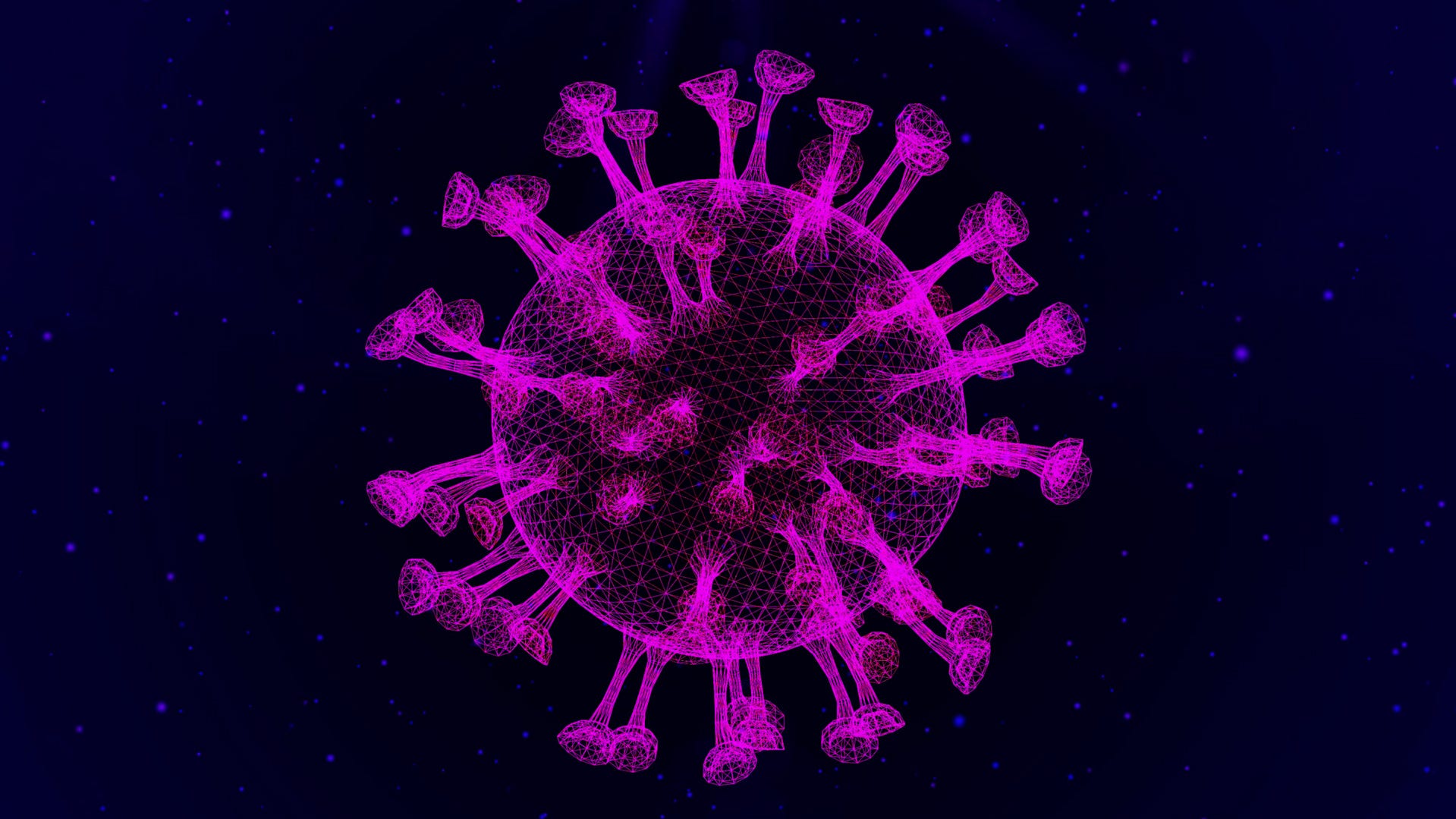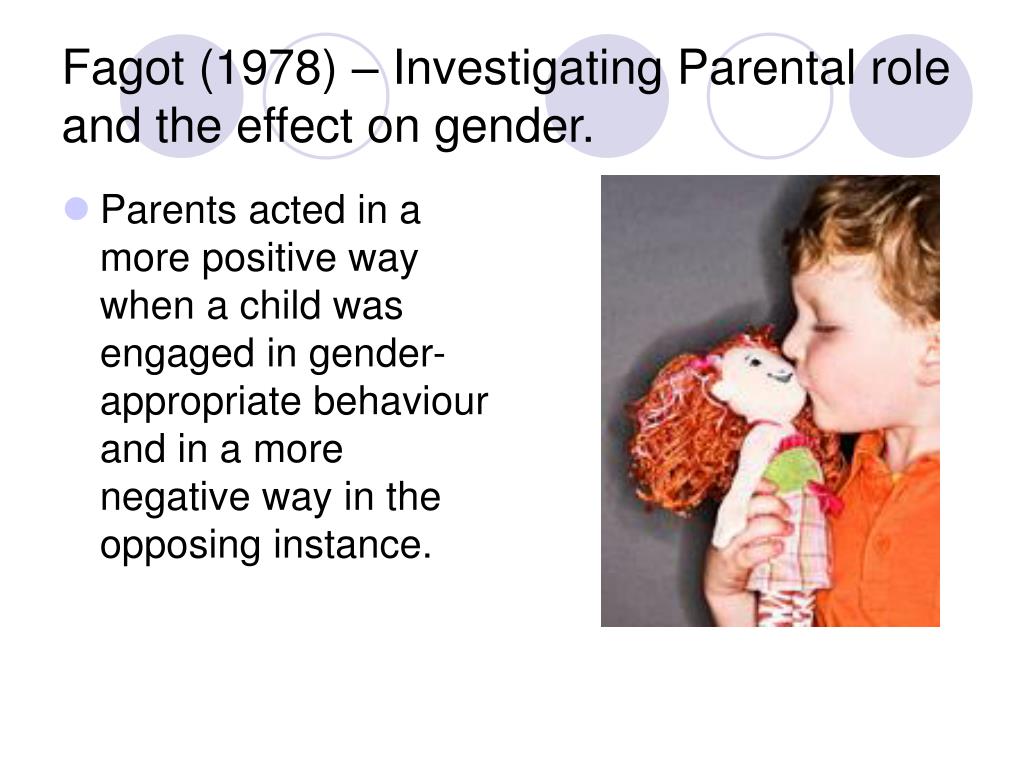New COVID-19 Variant: Is It Fueling The Rise In Cases?

Table of Contents
The Role of New COVID-19 Variants in Transmission
The emergence of new COVID-19 variants is a significant factor influencing the trajectory of the pandemic. These variants, often characterized by mutations in their genetic code, can significantly alter their behavior and impact on public health.
Increased Transmissibility
Many new variants exhibit increased transmissibility compared to their predecessors. This means they are more easily spread from person to person.
- Examples: Omicron subvariants like BA.5 and XBB have demonstrated remarkably high transmissibility, contributing to substantial case increases globally.
- Mechanism: Mutations can enhance the virus's ability to bind to ACE2 receptors in human cells, facilitating more efficient infection. Some mutations also affect the virus's stability, allowing it to survive longer in the air or on surfaces.
Immune Evasion
Another crucial factor is immune evasion. New variants can potentially bypass the immunity gained through vaccination or prior infection.
- Impact on Vaccine Effectiveness: While vaccines still offer significant protection against severe illness and hospitalization, their effectiveness against infection can wane with the emergence of new variants, particularly those that exhibit significant immune evasion.
- Reinfection Risk: Individuals who have recovered from a previous COVID-19 infection may be susceptible to reinfection with a new variant, especially if the variant possesses substantial immune-evasive mutations. Studies have shown some variants are better at evading antibodies generated from prior infection.
Severity of Infection
The severity of illness caused by a new COVID-19 variant is also a critical concern. While some variants are more transmissible, they may not necessarily cause more severe disease.
- Hospitalization and Mortality Rates: Data on hospitalization and mortality rates associated with specific variants are closely monitored. While some variants have shown a potential for increased severity in certain populations, others have been associated with milder symptoms.
- Ongoing Research: The long-term effects and the severity associated with new variants are still under investigation, and research continues to evolve. Further studies are needed to understand fully the clinical implications of each new variant.
Factors Beyond New Variants Contributing to Rising Cases
While new COVID-19 variants play a significant role, it's crucial to acknowledge other factors contributing to rising case numbers.
Seasonal Variations
Seasonal changes can influence the transmission dynamics of respiratory viruses, including SARS-CoV-2.
- Colder Weather and Indoor Gatherings: During colder months, people tend to spend more time indoors in closer proximity, facilitating the spread of the virus.
Reduced Public Health Measures
The relaxation of public health measures such as mask mandates and social distancing can significantly impact the rate of transmission.
- Correlation with Surges: Data often reveals a strong correlation between a decrease in public health measures and subsequent increases in COVID-19 cases. Reduced testing rates also hamper accurate tracking of the virus's spread.
Waning Immunity
Over time, the protection offered by vaccines can diminish, increasing vulnerability to infection.
- Importance of Boosters: Staying up-to-date with COVID-19 vaccines, including booster shots, is essential for maintaining robust immunity against new variants and reducing the risk of severe illness.
Data and Evidence Linking Variants to Case Increases
Several lines of evidence link the emergence of new COVID-19 variants to increases in case numbers.
Epidemiological Studies
Numerous epidemiological studies have tracked the emergence of new variants and the subsequent changes in infection rates.
- Key Findings: Many studies have shown a strong correlation between the prevalence of specific variants and increases in COVID-19 cases. [Insert links to reputable studies here].
Genomic Surveillance
Genomic surveillance, involving the sequencing of viral genomes, is crucial for identifying and tracking new variants.
- Monitoring Spread: This data helps monitor the spread of variants geographically and allows health officials to implement targeted interventions.
Limitations of Current Data
It’s important to acknowledge limitations in the available data.
- Data Accuracy and Interpretation: Factors like underreporting of cases, variations in testing strategies, and the lag time between infection and reporting can influence the accuracy and interpretation of epidemiological data. Ongoing research is crucial to refine our understanding.
Conclusion: Understanding the Rise in COVID-19 Cases and the Role of New Variants
In conclusion, the rise in COVID-19 cases is a complex issue influenced by multiple interacting factors. While the emergence of new COVID-19 variants, with their increased transmissibility and immune evasion capabilities, is a significant driver of these increases, it is not the sole factor. Seasonal changes, reduced public health measures, and waning vaccine immunity all play a crucial role. Staying informed about new COVID-19 variants is critical. Protect yourself and your community by getting vaccinated and boosted, following public health guidelines, and actively practicing preventative measures to mitigate the spread of this virus and its future variants. Act now to safeguard your health and the health of those around you!

Featured Posts
-
 Couts De La Foire Au Jambon 2025 Un Deficit Inquietant Pour La Ville De Bayonne
May 31, 2025
Couts De La Foire Au Jambon 2025 Un Deficit Inquietant Pour La Ville De Bayonne
May 31, 2025 -
 Israels Strategic Anxiety Analyzing The Impact Of Us Iran Talks
May 31, 2025
Israels Strategic Anxiety Analyzing The Impact Of Us Iran Talks
May 31, 2025 -
 Investigating A Reported Banksy In Westcliff Bournemouth
May 31, 2025
Investigating A Reported Banksy In Westcliff Bournemouth
May 31, 2025 -
 Orange County Sports Game Results And Player Performance For March 11th
May 31, 2025
Orange County Sports Game Results And Player Performance For March 11th
May 31, 2025 -
 Who Is Banksy Investigating The Gender Debate Surrounding The Iconic Street Artist
May 31, 2025
Who Is Banksy Investigating The Gender Debate Surrounding The Iconic Street Artist
May 31, 2025
